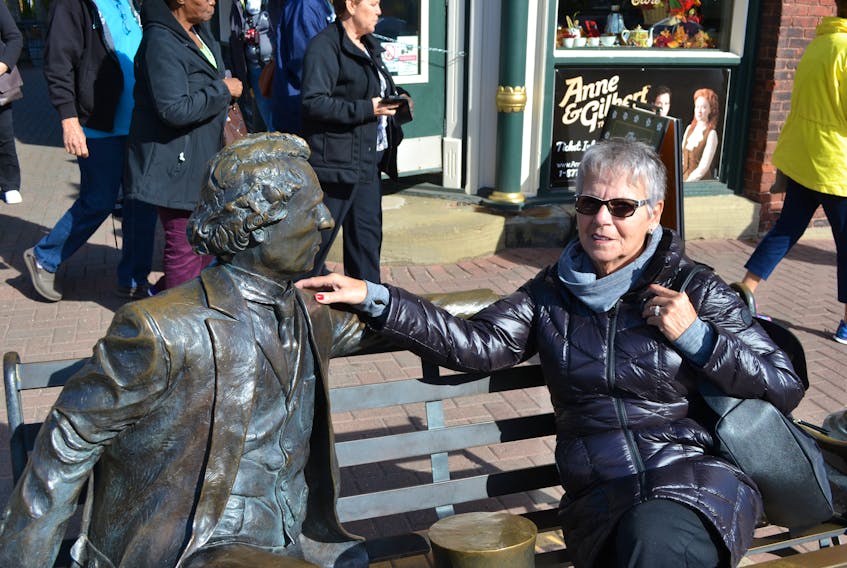The statue of Sir John A. Macdonald sitting on a bench near Charlottetown’s Victoria Row has been a favourite “photo op” for Islanders and visitors for almost 10 years. No matter the season – in warm sun or frigid snow - people are drawn to the bronze image of the Father of Confederation who walked our city’s streets back in 1864. Then, he was busy with nation-building on P.E.I., before serving as Canada’s first prime minister.
The sculpture was unveiled in 2010 when the City of Charlottetown acquired the artwork for a tourism project. It was adding art to historic downtown Charlottetown – the Birthplace of Canada – and it all seemed so innocent at the time.
Through most of the following nine years, Sir John A.’s statue seemed harmless enough, a reminder of the Charlottetown Conference which led to Confederation three years later. We knew Macdonald had his faults, especially a fondness for alcohol, but by and large, most Canadians had a favourable opinion of the Scottish immigrant in Kingston, Ont. His name and statues adorn schools and public buildings across the nation.
But there is another side largely ignored by history books. His contemporaries glossed it over and historians covered it up or ignored it. Earlier this month, when Victoria, B.C. dismantled a statue of Macdonald from city hall, it re-focused national attention on his darker deeds. He was a key architect of the Indian residential school system, which subjected many First Nations peoples to unspeakable horrors. He didn’t act alone - many of his contemporaries must have felt the same way, supported those barbaric policies or chose to ignore the truth. And for the next 100 years, his views helped guide public policy. It took a national truth and reconciliation commission to show Canadians the harm caused by those policies.
On P.E.I., First Nations groups are not interested in recriminations. They are not demanding that statues be dismantled or names deleted. The Mi’kmaq Confederacy of P.E.I. supports the views of the 2015 national commission report where chairman Justice Murray Sinclair said, “The truth was hard. Reconciliation will be even harder.”
There is nothing in Justice Sinclair’s report about tearing down statues of Canada’s founders or other historical figures. The Confederacy stayed largely out of the recent controversy on P.E.I. involving Gen. Jeffery Amherst’s name attached to the national historic site at Rocky Point. Amherst was a prominent figure in genocide efforts against First Nations peoples and atrocities against P.E.I. Mi’kmaq and their Acadian allies.
Instead, Justice Sinclair urges moving forward on measures to improve health care, education and child welfare for Indigenous communities; reforms to the justice system and protection of First Nations language and cultures. There were also calls to improve education programs so all Canadians learn about the history of residential schools, and Macdonald’s sordid involvement.
A plaque should accompany the statue at Queen and Richmond, telling the whole story of Sir John A. Macdonald’s political career. Trying to whitewash history is a disservice to those who suffered under his policies.









